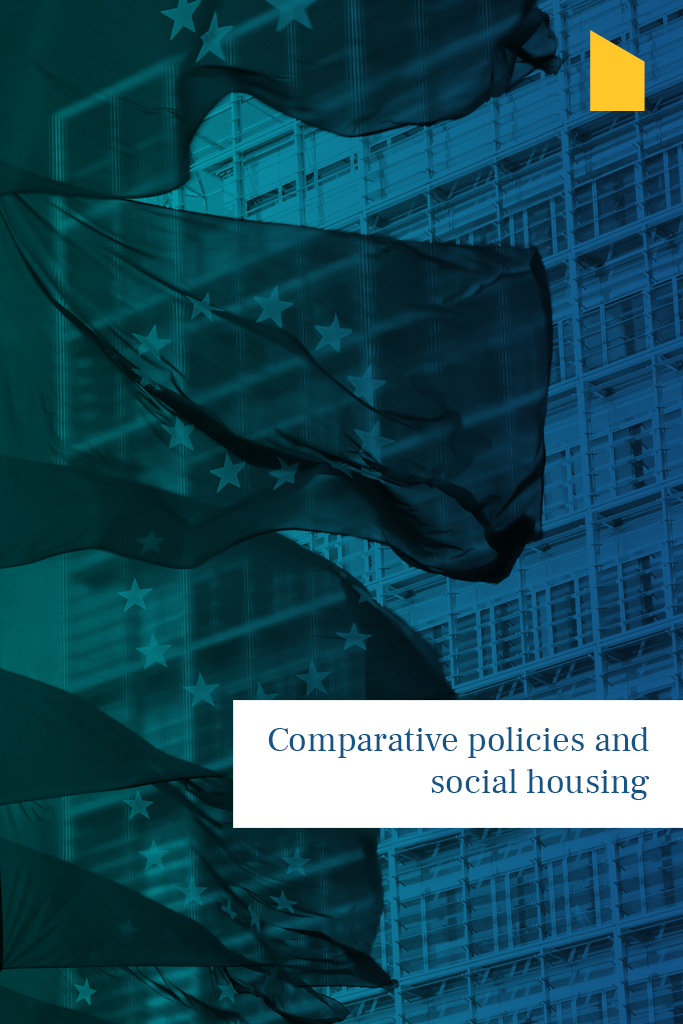Access to decent housing and the management of evictions are central issues in the European social debate. A comparative analysis reveals significant differences in housing policies and eviction practices between countries on the continent, highlighting both common progress and challenges.
In Germany, legislation simplifies eviction procedures with alternatives such as the Berlin model, which reduces operating costs. However, the decline in social housing is worrying: of the 2.9 million available after reunification in 1990, it is projected that by 2035 there will be only 554,100. In contrast, countries such as Austria and Sweden have robust legal frameworks, prioritising equal access to housing. Austria stands out for its focus on rapid extrajudicial evictions in cases of illegal occupation, while Sweden incorporates preventive measures to avoid evictions through flexible agreements between tenants and landlords.
In Spain, eviction proceedings tend to take longer, affecting both landlords and tenants. Although the eviction figures are comparable to those in Germany, the economic context, such as the high unemployment rate, intensifies the problem. In addition, access to social housing is limited, increasing pressure on the rental market.
The report emphasises that the availability of social housing acts as an essential safety net for vulnerable families. Countries with proactive policies, such as France, that incentivise the construction of affordable housing, offer role models for tackling the growing housing crisis in Europe.
In conclusion, learning from best practices and adapting effective strategies is crucial to guarantee the right to decent housing. Europe faces a shared challenge: building a future where access to housing is a pillar of stability and social equity.








